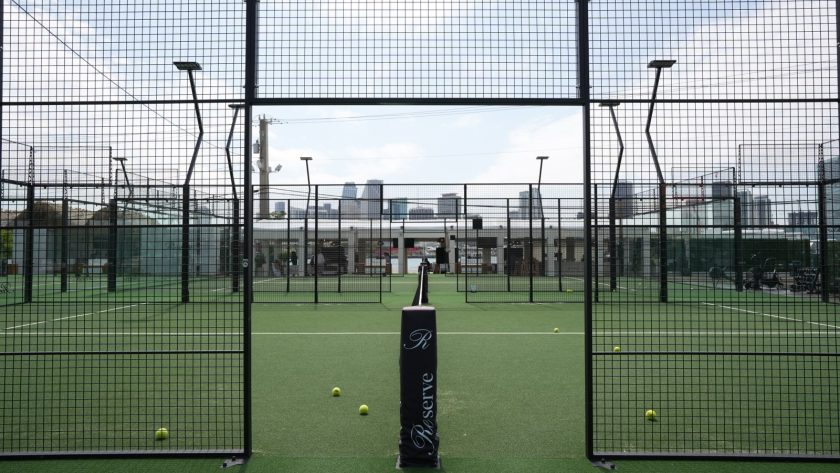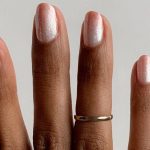Reserve Padel CourtsOMAR VEGA / Courtesy Reserve
“More and more, I started seeing the range of its appeal,” says Reserve’s founder, the billionaire businessman Wayne Boich, a former tennis player who was an early adopter of padel in the States. “From 15-year-olds to 75-year-olds, I saw people realize how quickly you get this very athletic feeling. You see people’s eyes open. They’re thinking, It’s always in play, I can let it bounce, I can hit it off the glass, I can volley, I’m getting a workout, there’s a lot of variety.”
“The court is only 33 feet wide,” continues Boich. “So the ball really is alive a lot of the time. There’s also something about the tennis-like element. When you hit it well, it’s empowering, like when you hit a good tennis shot. You don’t have that in a lot of racket sports.” (Squash, for example, is much more about compressed agility and slapping or slicing the ball; pickleball, to the padel crowd, is essentially glorified ping-pong.)
While padel is relatively democratized overseas, it has, so far, garnered a reputation in the US as being a bit posh. Some of that is fairly assessed—and Boich knows it. “We want to set it up where the sport is accessible to all,” he says. Reserve has a membership component (priority bookings, events, et al.), but in fact it is open to the public—it’s just pricier, per court, than other facilities in the Miami Dade and Broward County regions. “I think it’s important and incumbent on the sport to try and grow in all areas. Ourselves included.” One example: There’s a children’s museum nearby Reserve’s grounds. Boich has worked with the museum to offer gratis programs for visiting kids.



